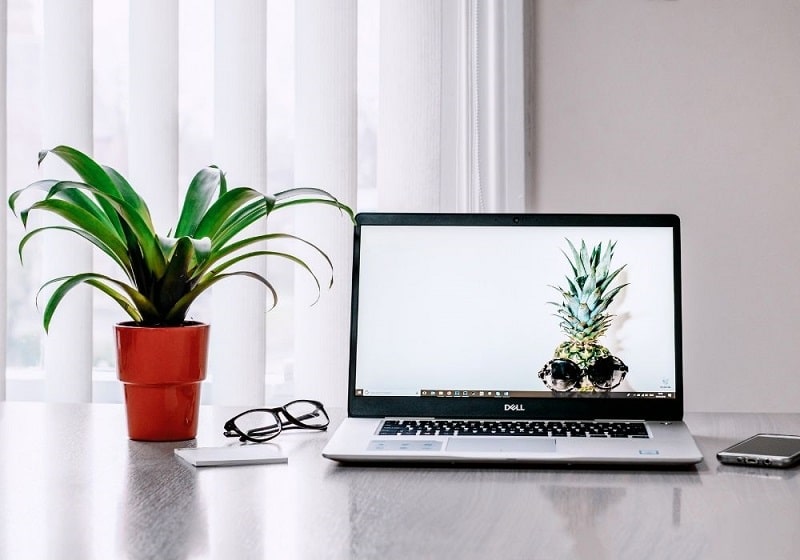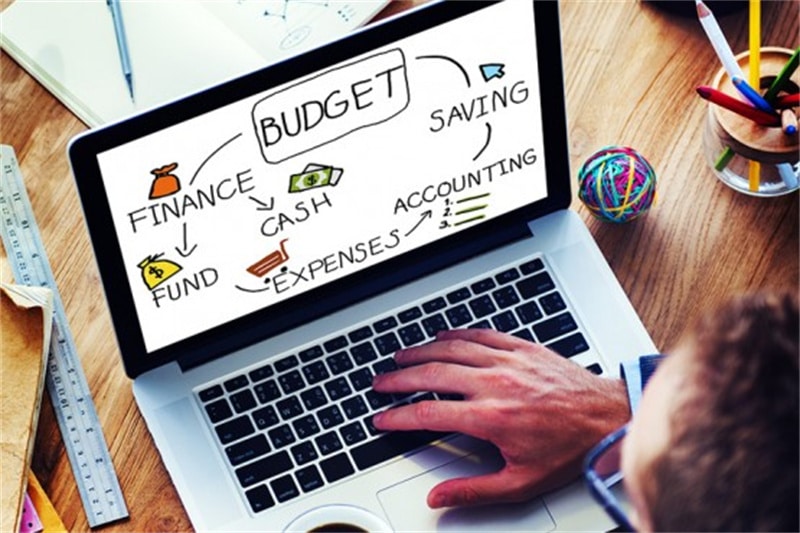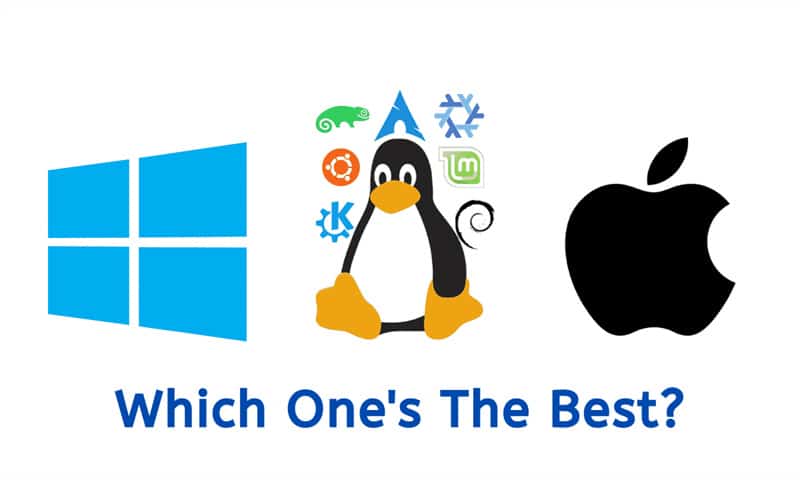
It can be hard to choose the perfect laptop for you. The market is saturated with different brands and models, each one offering a different combination of features and prices. If you don’t know how to pick the right model for your needs, you could end up spending more than what you need or not getting enough performance out of your device.
Fortunately, there are some basic factors that will help guide your choice so that it matches both your budget and usage patterns.
Think about your budget

The first thing you need to do before shopping for a laptop is to figure out how much you're willing to spend. Laptops can range in price from a couple of hundred dollars to well over $2,000, so it's important to set a budget before you start browsing. When you are aware of your price range, you can know what to expect in terms of specs.
Computing performance is largely based on processing power, that is, the speed at which information is processed by the CPU (central processing unit). More power can help eliminate lags when running multiple programs simultaneously within Windows, along with other demanding utilities like Adobe Photoshop and high-definition games.
A faster processor will also allow files to open more quickly and save files faster. The amount of RAM (random access memory) you need depends on the type of programs and processes you'll be using. There are a ton of laptop specials online that can help you save a few bucks. As expected, the more demanding user you are, the more money you will need to spend.
For example, if you're a digital artist who uses Adobe Creative Suite to edit images, then it's important to choose a laptop with a larger hard drive because the more complex files tend to require a lot of storage space.
Decide on your needs
Once you know your budget, the next step is to determine what you'll need the laptop for. Will you be using it for work, school, entertainment, or a little bit of everything? This will help narrow down your choices and make it easier to find the right laptop for your needs because certain specifications are more important than others depending on your intended use.
Some laptops come with touchscreens, which can be useful for photo editing or drawing images using a stylus.
Professional graphic designers and artists will probably want to purchase a laptop that has an advanced graphics card to save time when rendering large images or playing videos games during downtime. This is less necessary for casual users who just surf the web and check email every now and then.
If you're simply looking for something to chat with friends over Skype, browse social media feeds, read the news, watch movies online, play simple mobile games, etc., there's no reason to spend extra money on high-end hardware like laptops with touchscreen displays or quad-core CPUs (central processing units).
Choose the right operating system
Another thing you'll need to decide before shopping for a laptop is whether you want a PC or Mac. While there are some similarities between the two, they do have different operating systems (OS) and there are certain programs that only run on one or the other.
If you're already familiar with Windows or Mac and know which one you prefer, then it's easy to choose a laptop based on that preference. However, if you're not sure which OS to choose, it might be helpful to read up on the pros and cons of each before making a decision.
PCs can run multiple versions of Windows while Macs only run macOS, so that might be something to consider if you plan on using certain programs or need to use devices that run on different operating systems.
PCs are capable of running both Windows and Linux-based software, while Macs have limited support for Linux because their hardware is designed differently.
If you're looking for a laptop with the widest range of compatibility possible, then PCs are probably your best bet, since they can run just about any program regardless of the manufacturer. However, if you only plan on running specific programs then it might be easier to choose a Mac instead since Apple has an updated list of apps currently available for macOS.

Hardware and software requirements
Besides the different types of laptops, there are also a few other factors you need to take into consideration when making your purchase:
- The size and weight of the laptop: You'll want to think about this before buying because it can determine what activities you're able to do while using the laptop. If you need something ultra-compact that you can carry everywhere, then a netbook with a 10-inch screen might be able to handle everything you need. However, if you want to use your laptop for more than just basic tasks, consider buying one with a standard 13-inch display instead, which is large enough for watching videos online or editing images with Photoshop. Since weight also factors into this equation, keep in mind that larger laptops tend to be heavier than their smaller counterparts; there are some 17-inch notebooks that weigh over 10 pounds (4.5 Kg)!
- Screen size and resolution: This is crucial for some, while not so important for others. Those who plan to do a lot of work on their laptops or watch movies and videos should consider resolutions that reach 1920×1080. Some laptops have displays that are even higher than that.
- Battery life: Laptops with long battery lives are becoming more popular because it means you don't have to keep an eye on the time and can work on your laptop for hours without having to worry about it dying on you. That said, not all laptops come with extended batteries, and some that do can be quite expensive.
- Additional features: Some laptops come with added features like backlit keyboards, fingerprint readers, and HD webcams. While these might not be necessary for everyone, they can be really helpful if you plan on using your laptop for business purposes or want to make video calls.
Take all of these into account before making your purchase to make sure that the laptop you choose will be a good fit for your needs. A little research in advance can help you avoid buyer's remorse and needing to find another laptop a few months down the line!










